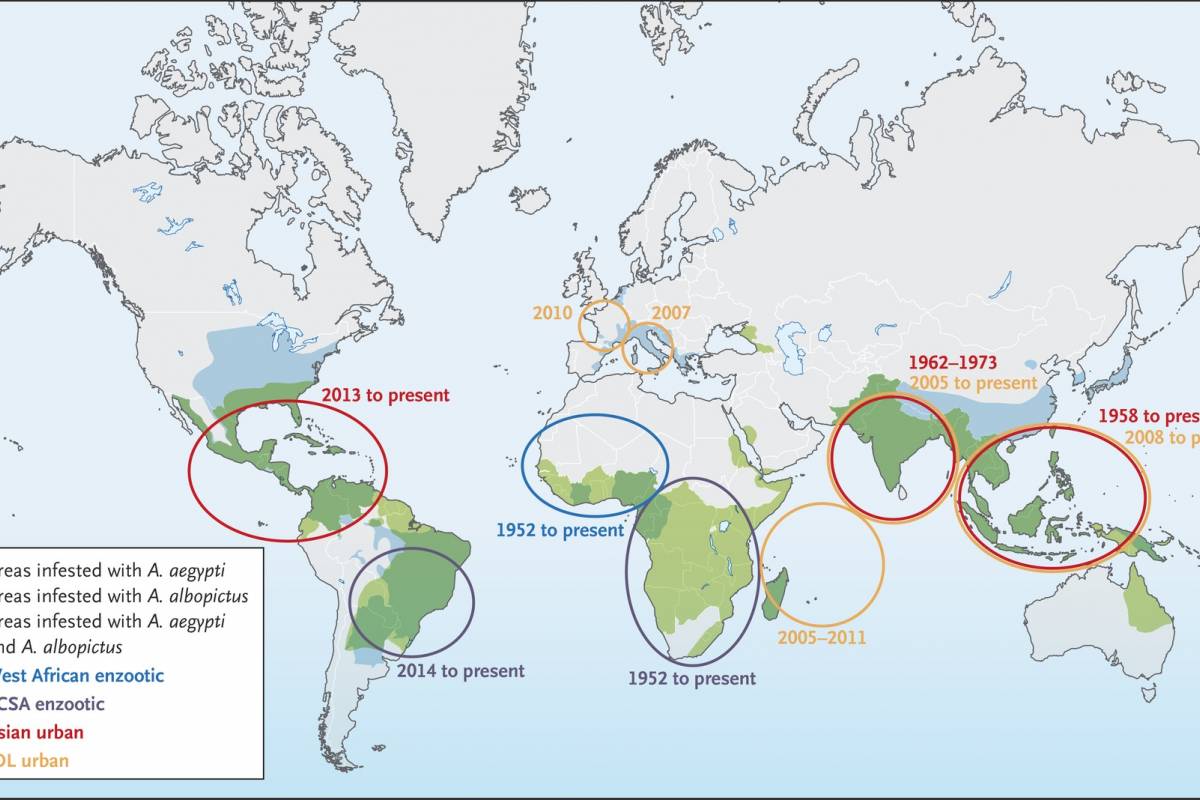Zika Virus Concerns Persist in the Americas; CDC Updates Guidance for U.S. Healthcare Providers
As of April 2025, the Zika virus continues to pose a threat, particularly to pregnant women, prompting updated guidance from the Centers for Disease Control and Prevention.
Zika Virus in 2025: what you Need to Know
The Zika virus, first identified in Uganda’s Zika Forest over 70 years ago, remains a public health concern, especially for pregnant women. The virus, related to Dengue and West Nile viruses, can cause severe congenital disabilities. This year,the Pan American Health Association (PAHO) has already confirmed 8,392 Zika cases in the Americas as of April 27,2025,with argentina and Brazil reporting the highest numbers.
CDC Recommendations for Pregnant Women
Because Zika infection during pregnancy can cause severe congenital disabilities associated with congenital Zika syndrome, the U.S. Centers for Disease Control and Prevention (CDC) “advises pregnant women to avoid visiting outbreak areas in 2025, especially during the rainy season.” The CDC’s concern stems from the potential for microcephaly and other serious brain defects in infants born to mothers infected with Zika during pregnancy.
Zika Virus in the United States
Within the United States,Puerto Rico “has been categorized as having a risk of Zika virus transmission for several years.” In 2025, “one Zika case was confirmed in this U.S. Territory, and 16 cases were reported in 2024.” While the number of cases in Puerto Rico is relatively low, the CDC continues to monitor the situation closely.
Updated Guidance for Healthcare Professionals
On April 23, 2025, the CDC’s updated “Yellow Book” states that healthcare professionals in the U.S. “should know how to diagnose, treat, and prevent Zika in international travelers, especially pregnant women.” The CDC emphasizes the importance of proper evaluation and management of pregnant women with potential Zika exposure.
Specifically,the CDC writes providers should “carefully evaluate pregnant women with laboratory evidence of Zika virus infection; closely manage thes patients during pregnancy and carefully evaluate live-born infants for clinical features associated with intrauterine infection.”
Testing and Diagnosis
Zika and dengue viruses share similar geographic distributions and symptoms, making diagnosis challenging. Therefore, “some state health departments and many commercial laboratories (such as UltaLabs) perform zika virus nucleic acid amplification testing and IgM testing.” These tests help to differentiate between Zika and other similar infections.
The Search for a Zika Vaccine
The World Health Organization says developing “a safe and efficacious Zika vaccine and monoclonal antibody (mAb) is a global health priority.” However, progress has been slow. “As of April 2025, the U.S. Food and Drug Management has not approved any Zika vaccine or mAb.” while “one innovative zika vaccine candidate is progressing in clinical trials,” it may still be some time before a vaccine is widely available.
Prevention is Key
In the absence of a vaccine, “the best advice to prevent zika is to avoid being bitten by virus-carrying mosquitoes this summer!” This includes using insect repellent, wearing long sleeves and pants, and staying in places with air conditioning or window and door screens.
While the focus remains on preventing mosquito bites, some researchers argue that more resources should be allocated to developing effective vaccines and treatments, given the potential severity of Zika-related birth defects. Despite the challenges,the scientific community remains committed to finding a solution to combat the Zika virus.
FAQ: Zika Virus in 2025
| Question | Answer |
|---|---|
| Who is most at risk from the zika virus? | Pregnant women and women who are trying to become pregnant are at the highest risk due to the potential for severe birth defects. |
| How is Zika virus transmitted? | Primarily through the bite of infected *Aedes* species mosquitoes. It can also be transmitted sexually. |
| What are the symptoms of Zika virus? | Many peopel infected with Zika virus won’t have symptoms or will only have mild symptoms,which can include fever,rash,joint pain,and conjunctivitis (red eyes). |
| is there a vaccine for Zika virus? | As of April 2025,there is no approved vaccine for zika virus,but research is ongoing. |
| What should I do if I think I have zika virus? | See a healthcare provider for testing and advice, especially if you are pregnant or planning to become pregnant. |






